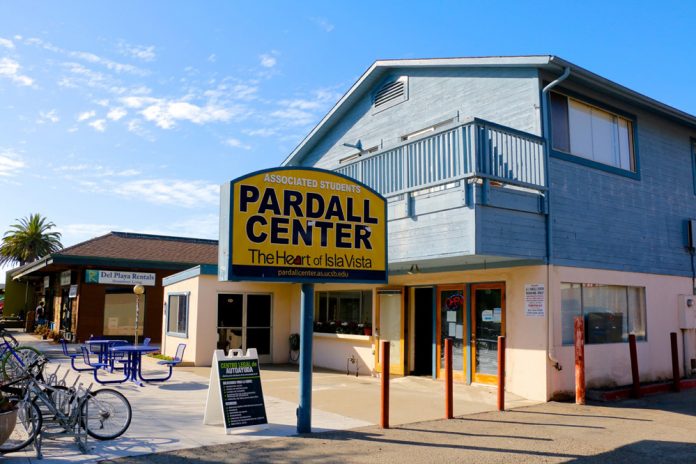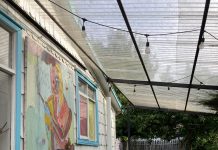
Hannah Maerowitz
Staff Writer
Representatives from the Mental Health Conference, Student Health and Wellness, and various campus organizations gathered at Pardall Center on Jan. 24 for the Mental Health Town Hall.
Campus organizations including Active Minds and CAPS have been involved in the process of planning this year’s Mental Health Conference.
“It’s exciting. There are definitely grounds for collaboration between different campus organizations because this year’s conference is all about inclusivity and diversity. We want the content of the conference to fit the needs of students,” said Bela Lafferty, the administrator of the Mental Health Conference and a fourth year sociology major.
This is the third year that UCSB has put on the conference. Topics such as meditation and developing support networks were discussed as potential workshop topics at the town hall meeting.
Workshops that tackle race issues were also brought up as a possibility.
“It’s an important thing to talk about in context of mental health,” said a community member who attended the meeting. “A lot of the time, mental health dialogues are about positive psychology. With racism and marginalization, there aren’t always sources to derive positivity from. It’s a whole different issue.”
Much of the brainstorming at the meeting was centered on targeting students’ mental health needs.
“In our last town hall meeting, we discussed mental health issues affecting students with the Student Activism Network,” said Lafferty. “There was some talk surrounding issues of mental health in the residence halls and the importance of ensuring that students aren’t kicked out due to mental health reasons.”
Faculty involvement in the conference was another focus of discussion at the meeting. The conference staff stressed the importance of including staff and faculty in discussions involving mental health.
“I think that one of the biggest mental health issues on campus is that a lot of people who would qualify for DSP (Disabled Students Program) for mental health reasons don’t capitalize on that. It can be difficult to ask for help, especially with the stigma attached to seeking accommodations for mental health, but at the same time, students deserve treatment and recognition,” said Lafferty.
Though organizers are confident that the conference will be a success, the planning process can be challenging.
“The Mental Health Conference is currently not funded under Associated Students and we’re hoping to change that with lock-in fees next year. It would streamline the planning process if we had funding on hand, rather than having to apply for grants,” said Lafferty.
A representative from SBCC, Gavin Thatcher, also attended the town hall meeting.
“It’s great to be included in this conversation,” said Thatcher. “I think it’s important to have a bridge between SBCC and UCSB.”
A delegation of student panelists from both colleges is another possibility that was explored at the town hall.
The conference will feature a to-be determined keynote speaker, in addition to student panelists who will share their own experiences with mental health.
A room with CAPS counselors and therapists will be available throughout the conference, which will take place on May 5.







